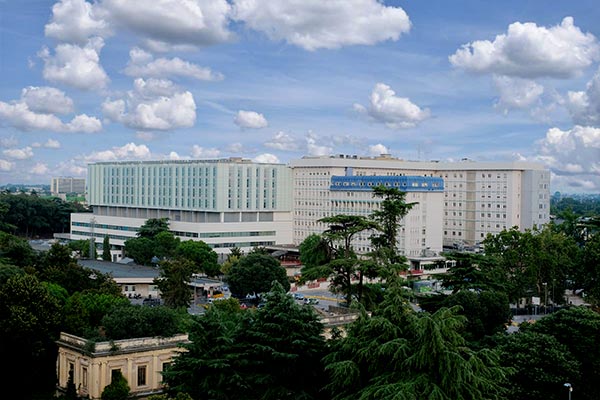Note: project evaluated but not funded.
For nearly two hundred years scholars have debated on the biography and the identity of Alanus ab Insulis, the great medieval philosopher and theologian universally known as Alan of Lille, even though he seems to bear little relation (if at all) with the northern French town. The importance of the question goes well beyond the field of medieval studies, since it displays the case of a very disputed identity of an author, whom we know very little about, even in presence of a great variety of sources. Two sets of letters, one generally believed to be the work by Alan of Tewkesbury – the secretary of Saint Thomas Becket repeatedly believed in the past to be the same person as Alanus – and the other written by a mysterious monk from the Bec abbey, could help us solving the mystery. So far, the first set of letters has neither been translated nor deeply studied, while the second, rather implausibly, was ascribed to Alanus by French scholar Françoise Hudry in 2003; as for a direct and thorough comparison between the two letters’ collections, it is still missing. The matter asks for a research that systematically taps into the extant sources by means of a new inter-disciplinary methodology that, massively resorting to IT, tries to make a good usage of them and, unlike prominent trends, refuses to decontextualize medieval works from their historical and cultural environment. The research features an innovative approach to humanities as a whole in the sense that on the one hand, in a sort of neo-positivistic turn, it starts from carefully collected empirical evidence to get rid of propositions “deprived of sense”, and, on the other, by submitting such evidence to an inter-disciplinary cross-analysis involving history, literature, and above all philology and philosophy, it tries to shed light on the life and identity of a celebrated medieval master, letting us finally fully comprehend his precious and sometimes obscure works.







